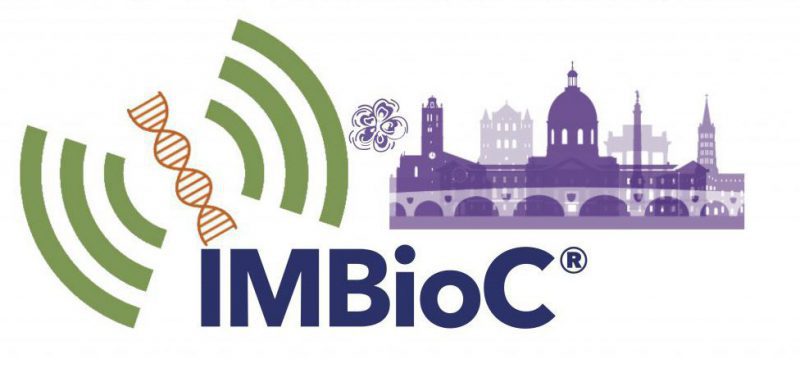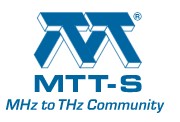Prof. Luis M. Mir
Université Paris-Saclay, CNRS, Gustave Roussy, Systemic and Metabolic Aspects of Oncogenesis (METSY), 94805 Villejuif, France
Cell membrane electroporation: from models to medical applications
In the presentation, I will discuss recent aspects of the research dedicated to establish the mechanisms that generate the long-term cell membrane permeability, characteristic of the consequences of the application of short and intense electric pulses to cells in vitro and in vivo. At Villejuif, my team has explored the basics of this cells “electropulsation” since several years. Electropulsation is not a classical term to refer to the consequences at the level of cell membrane of the application of short and intense electric fields to the cells. The classical terms are membrane electroporation and cell electropermeabilisation. However, they describe different entities and states. Indeed, it is possible to achieve electroporation without electropermeabilisation, and vice versa. Actually, the consequences of the electric pulses application depends on the duration of the electric pulses, their amplitude, the number of pulses as well as of the repetition rate of these pulses. It depends also on the target of these pulses. One of the aims of our work is also to make electrochemotherapy more comfortable by decreasing the side effects linked to the application of the electric pulses. In this respect, we have recently explored the addition of conductive nanoparticles before the delivery of the electric pulses [1] or the combination of electrochemotherapy with non-thermal-plasmas-treated liquids [2].
I will conclude by the presentation and discussion of recent clinical data demonstrating not only the efficacy of the electrochemotherapy but moreover its great interest to treat very difficult-to-treat tumor nodules and/or to preserve/improve the quality of life of the cancer patients. Indeed, the electrochemotherapy is not an ablative procedure but a method to vectorise efficient and selective drugs to the tumor cells in the patient’s body, which makes this method very interesting for the treatment of tumor/metastasis nodules located in areas for which no ablative oncological procedure could be applied [3].



